Author: Nathaniel Givens
-

Not Assimilation, But Alliance
I found Jana Riess’s recent post about the President Nelson’s pivot away from “Mormon” interesting but I believe her thesis could be refined. Citing the familiar Armand Mauss retrenchment/assimilation axis, she sees the move from “Mormon” to “member of the Church of Jesus Christ of Latter-day Saints” as a swing of the pendulum back towards…
-
Moroni and Pahoran; Revelation and Humility
The scriptures are replete with examples telling us to seek out personal revelation and use scriptural precedent and principles to guide our decisions. Anyone who has sincerely tried to do this over an extended period of time knows that it is easier said than done. How do we distinguish the guidance of the Spirit from…
-
The Abortion Status Quo is Untenable
I appreciated the tone and intent of Michael Austin’s By Common Consent post responding to Terryl Givens’ post at Public Square. He correctly identifies the question of abortion as one of competing rights: the right of the unborn human being to life set against the right of the mother to preserve her bodily integrity, but…
-
Pro-Life: A Fiercely Held Moderate Position
The Legal Status of Abortion, Revisited I’ve talked to Terryl Givens (my dad) a few times since his article on abortion for Public Square came out. Both of us are disappointed, but not at all surprised, by some of the reactions from fellow Latter-day Saints. I’ll dive into one such response–a post from Sam Brunson…
-

A Brief Note on Alma and Corianton
Alma the Younger strikes me as one of the sterner of the prophets, which makes sense if you consider his background. I know a few people in my life who have had similar, if less spectacular trajectories. It’s not an ironclad rule that those who wander tend to be more intense about obedience on their…
-
It Matters Why the Church is Pro-Life
Edited with author’s note on the comments at end of post. Abortion is a hot-button issue. Maybe the hot-button issue. That’s why–after finishing a draft of this post in November of 2019–I sat on it for almost a year. I’ve rewritten it and am posting it because I’ve realized it’s important to understand not only…
-

Church Without Churches
When my bishop announced that we would not be holding usual church services last Sunday, my main feeling was one of short-term relief: I absolutely love my calling as Gospel Doctrine teacher (I never want any other!), but I simply didn’t know where I was going to find time to prepare a lesson that weekend…
-
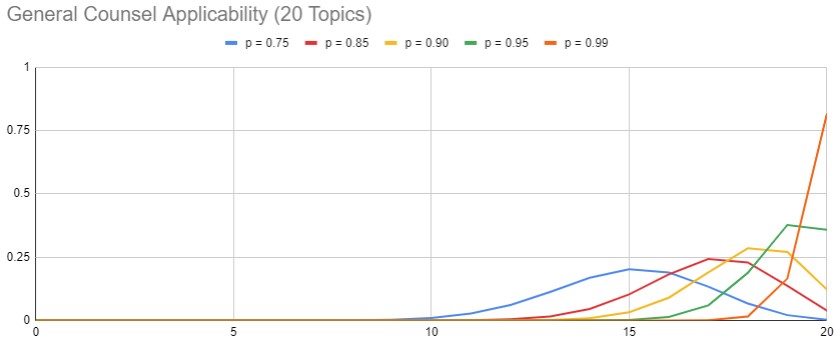
General Counsel and Outliers
Todd Rose starts his book The End of Average off with some really arresting stories that all make the same point: there’s no such thing as an average person. His most in-depth example is based on how the Air Force designed their cockpits in World War II and the years immediately following. They took the…
-
Fan Culture and General Conference
Elder Holland’s talk at the conclusion of the Saturday Afternoon session of the April 2019 General Conference, Behold the Lamb of God, is one of the most powerful talks I’ve ever heard or read. I challenge anyone to read or listen or watch the talk and think that Elder Holland was anything other than deadly…
-
On Not Understanding the Atonement
There are some pretty major aspects of our Latter-day Saint faith–and of Christianity in general–that I don’t really understand. Specifically: the necessity and efficacy of the Atonement. Repentance and forgiveness make sense to me. The Atonement is a mystery, and none of the explanations or theories resonate with me on a deep, personal level. I…
-
Disputations in Zion
A couple of weeks ago, we reached the end of 3 Nephi 26 in our family scripture reading. It’s the culmination of Jesus Christ’s ministry to the New World and the founding of Zion. I’ve always been fascinated by Zion, and especially by the practical side of it. The concept sounds so utopian, but we’re…
-
To Be Childlike or Childish
Innumerable blog posts and not a few books have been written in the last few years about faith crises and doubt as the Church and our Secular Age collide. The Church understands that facts on the ground are changing and that–in order to accomplish eternal objectives–tactics need to shift to accommodate the new reality. The…
-
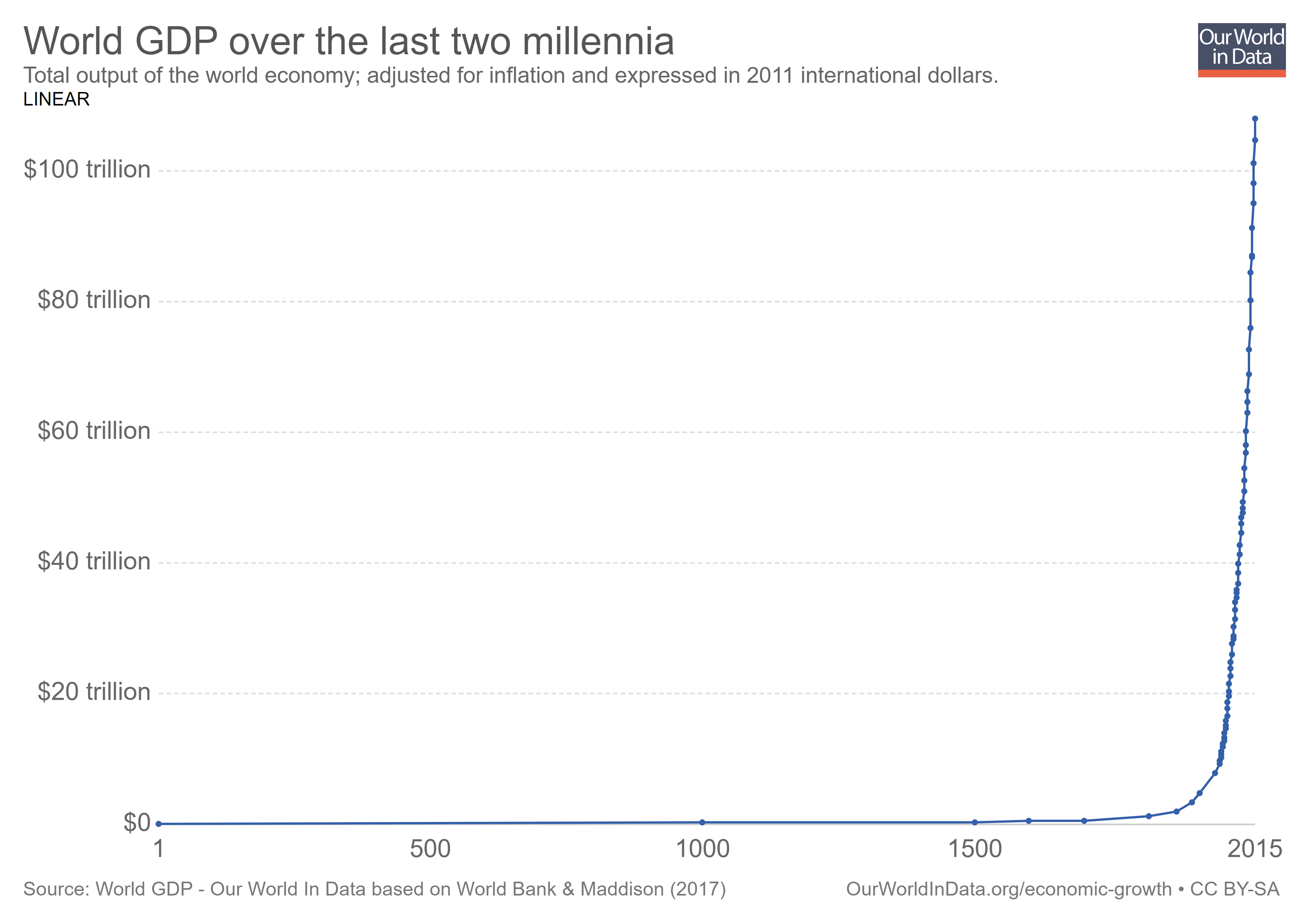
Some Moral Considerations of Wealth and Growth
The chart above estimates the per-capita GDP of the entire world over the last 2,000 years. There are all kinds of problems with estimating GDP over such a long time-horizon, but the only thing that matters for the purposes of this post is the general shape of the graph. At the time of Christ, there…
-
On the Half-Life of Admonitions
Latter-day Saints don’t watch R-rated movies. This is one of those specific, concrete directions that has an amazingly long half-life. It’s such an embedded aspect of LDS culture that I have no memory of being told it for the first time. The upside of specific, concrete admonitions like this is that they are easy to…
-
Until We See Eye to Eye
I adapted this post from a talk that I gave in my ward on June 24, 2018. We See the Same Things Differently I do not know what it is like to live without glasses. That’s because I have been wearing glasses for longer than I have memories. There’s a photo of me—it might be…
-
Stick With It
A couple of years ago I started a group project called the General Conference Odyssey. Along with some friends, I’m reading every General Conference that’s easily accessible on LDS.org (that means we’re starting with October 1971) and writing up my thoughts. At a rate of one session per week, it will take us about 14-15…
-
Reasons for Following Imperfect Prophets
Last week, the Church released an official statement from President Nelson regarding the Church’s name and an accompanying update to the style guide. The Bloggernacle was unimpressed.[ref]I’m going to use “Bloggernacle” to refer to the overall Mormon social media community until somebody shows me a better name.[/ref] This isn’t really a surprise, of course. Looking…
-
Rereading Rasband’s “By Divine Design”
I did not have a positive reaction to Elder Rasband’s talk in the most recent General Conference, and I wasn’t happy when our Elder’s Quorum teacher announced we would be basing our lesson on it last week, either. But I decided to try re-reading the talk with an open mind, and I’m glad I did.…
-
Thoughts on Monson’s NYT Obituary
The NYT’s framing of the life of President Monson was, to say the least, interesting. The obituary begins: Thomas S. Monson, who as president of the Church of Jesus Christ of Latter-day Saints since 2008 enlarged the ranks of female missionaries, but rebuffed demands to ordain women as priests and refused to alter church opposition…
-

Early Christian Intellectuals Were Bored At Church Too
So last week I read The Swerve: How the World Became Modern. It was definitely an interesting book, and one tangent stuck out to me in particular. Here’s author Stephen Greenblatt describing Saint Jerome’s travails with setting aside his addiction to pagan art to try and focus on scripture: But a prestigious cultural tradition that…
-
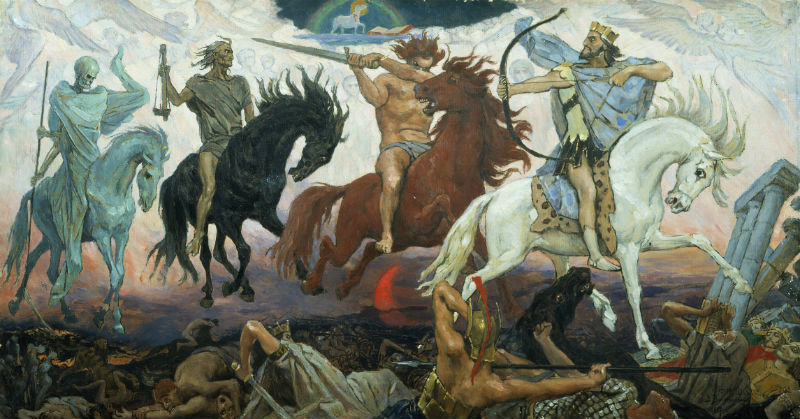
Wars and Rumors of Wars
There’s something memorable about the phrase, “wars and rumors of wars.” It certainly occurs in the scriptures often enough. Two prominent examples are in Nephi’s vision of the future of his people (and his brothers’) on the American continents (1 Nephi 12:21, 1 Nephi 14:16) and the Savior’s own discussion of the end (Mark 13:7…
-

Co-opting Secular Religion
It has often been noted that, in the United States, politics is our national religion. This is something my co-blogger Walker Wright covered at Difficult Run back in 2013, citing Eran Shalev: Through pseudo-biblicism the Bible became a living text, an ongoing scriptural venture which complemented and foritified notions of national chosenness and mission. This…
-
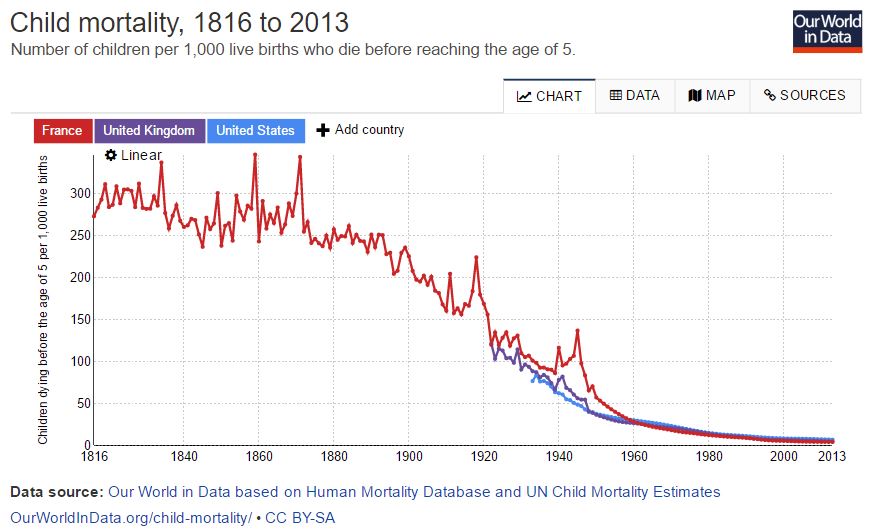
Scripture and Historical Context: A Contemporary Example
There’s a common assumption that historical accuracy and a spiritual orthodoxy compete against each other in a zero-sum game. Either you have to take the most recent finding or the dominant academic consensus as credible, or you have to take a literal reading of the scriptures as axiomatic, but you can’t have both. Well, that’s…
-
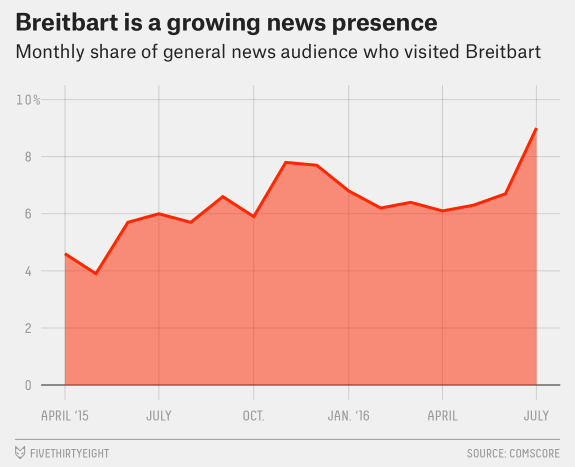
American Mormons Aren’t Leaving the GOP, the GOP is Leaving Us
Believe me, no one wants to write about the Trump campaign (yet again) less than I do. However, events last week might have long-term consequences for the position of Mormonism in American society, and I thought it was worth a little bit of a look. The story starts with a major shake-up in the Trump…
-
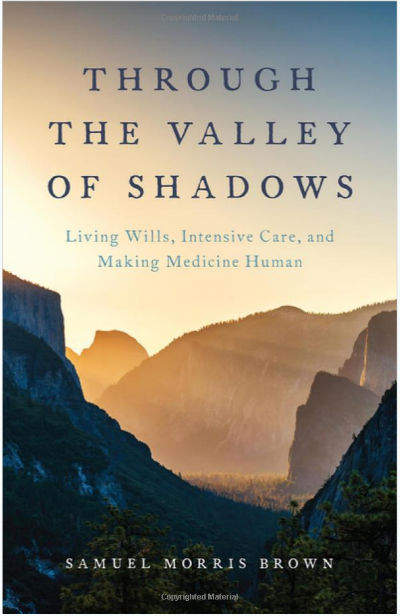
Book Review: Through the Valley of Shadows
Although Samuel Brown’s new book, Through the Valley of Shadows, is not a book that focuses on Mormonism, I jumped at the chance to review it for Times and Seasons simply because the subject matter fascinated me. Death, after all, is something that we all face, and I was already tangentially aware that technological advances…
-
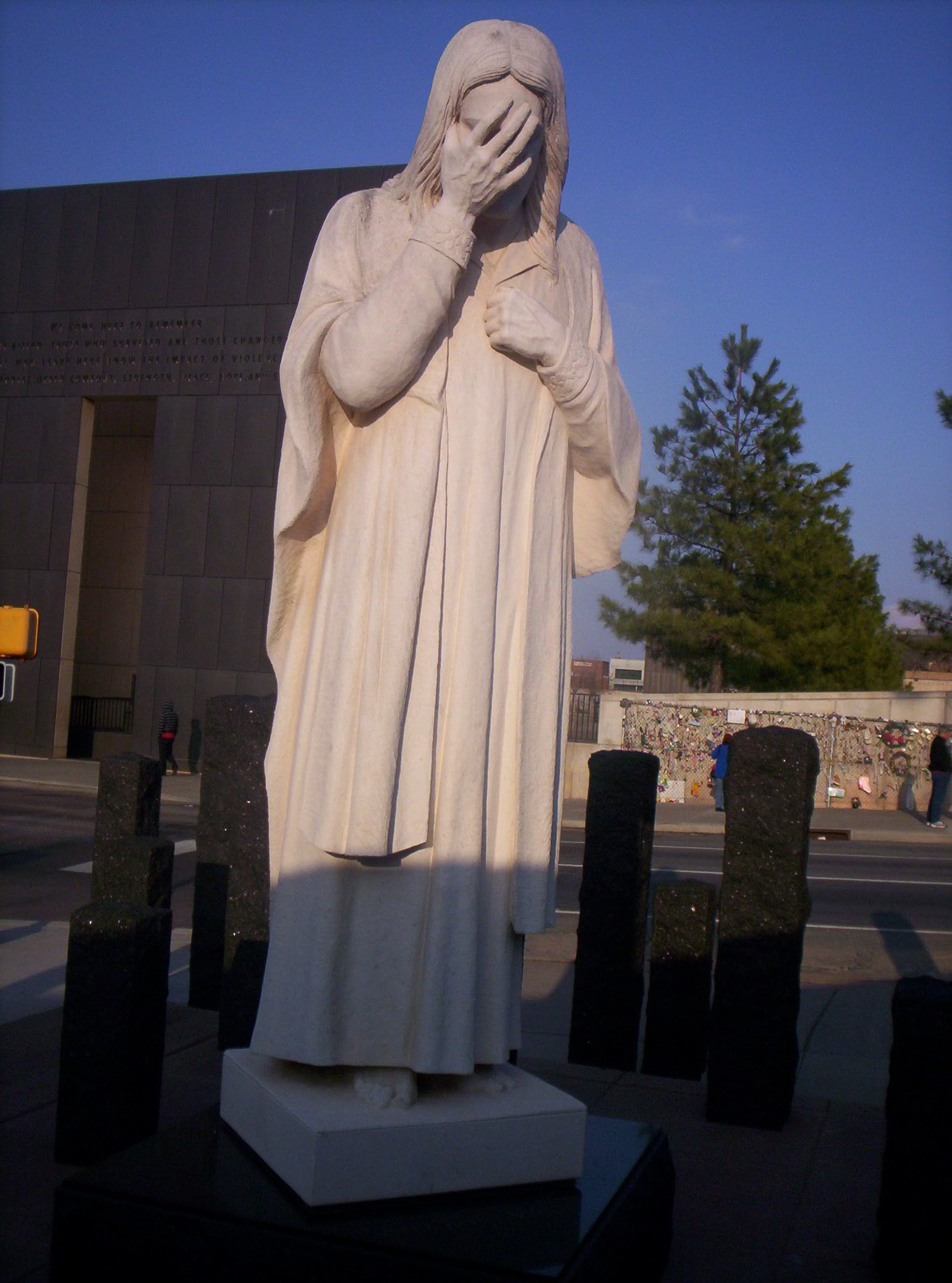
Wherefore Should Not the Heavens Weep?
Jacob Baker began a long, public Facebook post this way: I’m willing to bet that there are many people out there right now feeling conflicted about the mass murder that happened yesterday. I’m not talking about the outspoken blatant homophobes and bigots, but essentially good people who find themselves somewhat confused by this tragic event.…
-

Introducing Rachael Givens Johnson
I’m pleased to introduce Rachael Givens Johnson as a guest blogger here at Times And Seasons. Rachael will be doing a series of posts on Charles Taylor’s A Secular Age. Rachael is a PhD candidate in the history department of the University of Virginia. She studies Baroque Catholicism in the Iberian Enlightenment and is writing…
-

Policy, Doctrine, and Revelation
These three concepts exist, for most Mormons, in a tangled web. This has become especially evident in recent months as members have reacted to the Church’s new policies regarding same-sex married couples and their children that were announced in November. This discussion was stoked again following Elder Nelson’s recent remarks, leading to Dave’s post last…
-
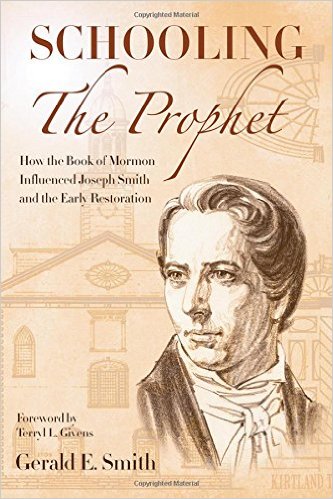
Introducing Gerald Smith
I’m pleased to introduce Dr. Gerald Smith for a round of guest posts here at Times & Seasons. He will be sharing a series of posts about his new book, Schooling the Prophet, How the Book of Mormon Influenced Joseph Smith and the Early Restoration (published by BYU Press and the Maxwell Institute.) I was…

